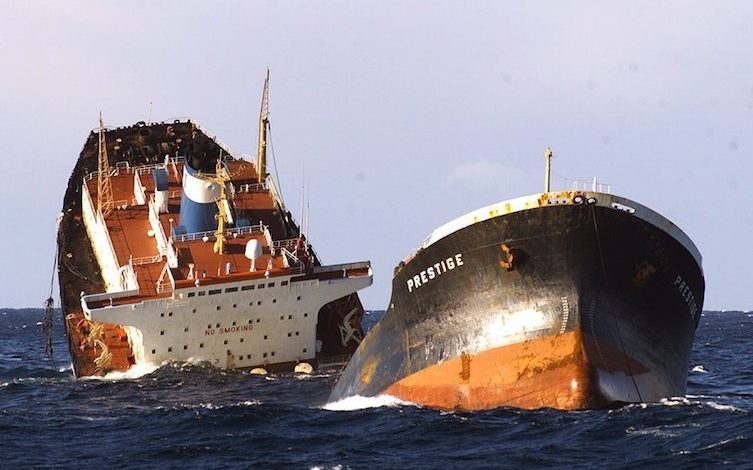Club and Superclub

The merger of the UK P&I Club and the Britannia P&I Club is perhaps a sign of the times. Mergers all round! This is the first merger of P&I Clubs that I can recall which is not in effect a take over of a weakened Club by a stronger one, if we discount the aborted merger of the Britannia and the Standard, a few years back – a deal which was reputedly put together by the managers of both clubs but torpedoed by – legend has it – the board of the Britannia.
Neither Club is in a position of weakness, but one might say – at risk of being cold shouldered by both parties – that neither Club is quite in the position that it was a couple of decades back.
In the high and palmy days of the UK Club it was comfortably the largest Club in the International Group and its managers, TR Miller, were unquestionably the “senior” Club managers.
At that time, the Britannia boasted comfortably the largest reserves per entered ton, and could adopt a famously dismissive attitude to shipowners who sought to join the fortunate ranks of its members, who seemed very often to be from East Asia, whilst its managers, Tindall Riley, could consider themselves a cut above lesser managers, who had lacked the vision to be early into East Asia.
Both Clubs are still very strong, but – until the merger – no longer “the largest” and “the richest”.
This now changes – the merged Club – assuming both Boards agree – becomes at once much the largest and very, very, rich.
We are given to understand that the Boards of both Clubs want them to remain P&I Clubs, rather than diversifying into other areas of business, such as hull insurance. besides P&I, which is what the Gard, the Standard and some others have done.
What is beyond a doubt is that the merged entity will have perhaps a fifth, perhaps a quarter of the global protection and indemnity business. If it is a business. Some P&I traditionalists would not like to use that word for what they do.
So – why? This is a question with implications beyond the P&I Clubs. Clubs like tramp ship owners “ought not to need to be big” – the entry premium into mutual P&I insurance is huge, but once a firm of managers have been running a P&I Club for a century or so it ought to see no particular economies of scale in underwriting, once it is big enough to avoid reinsuring its Pool retention. Both these clubs are much bigger than that, so we must look elsewhere for reasons, although it would be fair to say that such a giant Club could live with a higher retention, and the smaller clubs will be lookin for signs of the new big boy throwing its weight about.
Geographically, this is a good fit – the Britannia is strong in East Asia but has less of a presence in
The P&I Clubs are odd creatures in terms of their management structure, with their ship owner boards and their firms of professional managers. A cynic will look, in a case like this, for signs that one of the managers involved has sucession issues, and indeed I think that may be the case here.
At a higher level, a very large Club can afford a greater offering of expert services to its Members, and there are indications that services such as safety and loss control advice form part of a more attractive service offering. There is also the rather vexed question of the extent to which a Club should or should not put its label on its regional claims handling services – in the traditional model, these are subcontracted to local “correspondents” who are independent firms with specific local expertise, but for the past twenty years and more there has been a move for Clubs to take these operations “in house” and brand them. Whether this makes the handling of claims better or worse is a very open question – one which I would answer in the negative.
So, there we have it. One Club now has almost a quarter of the world market. Mergers in other fields usually set off a chain reaction of other mergers – it may happen here.
